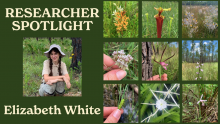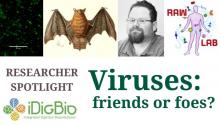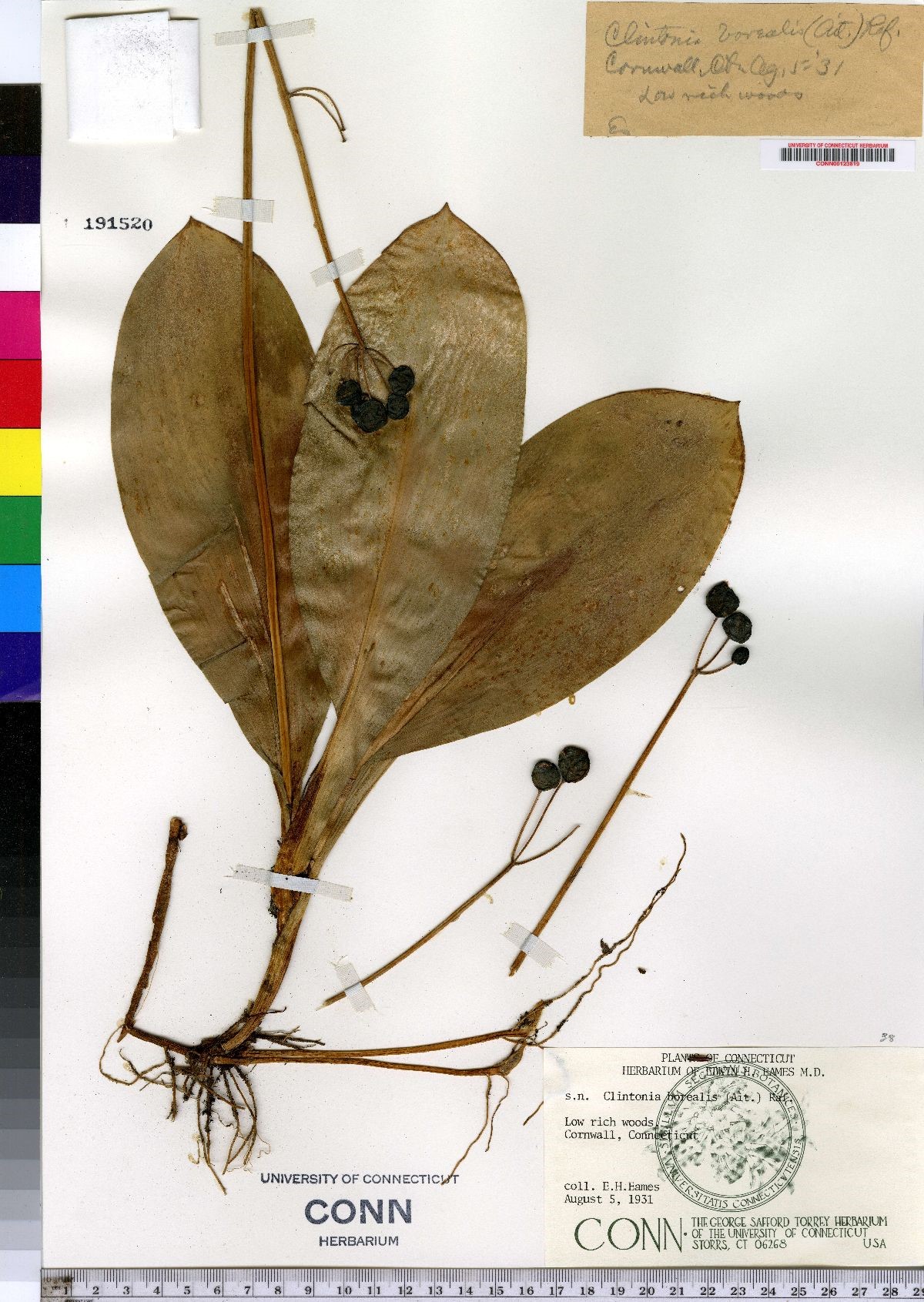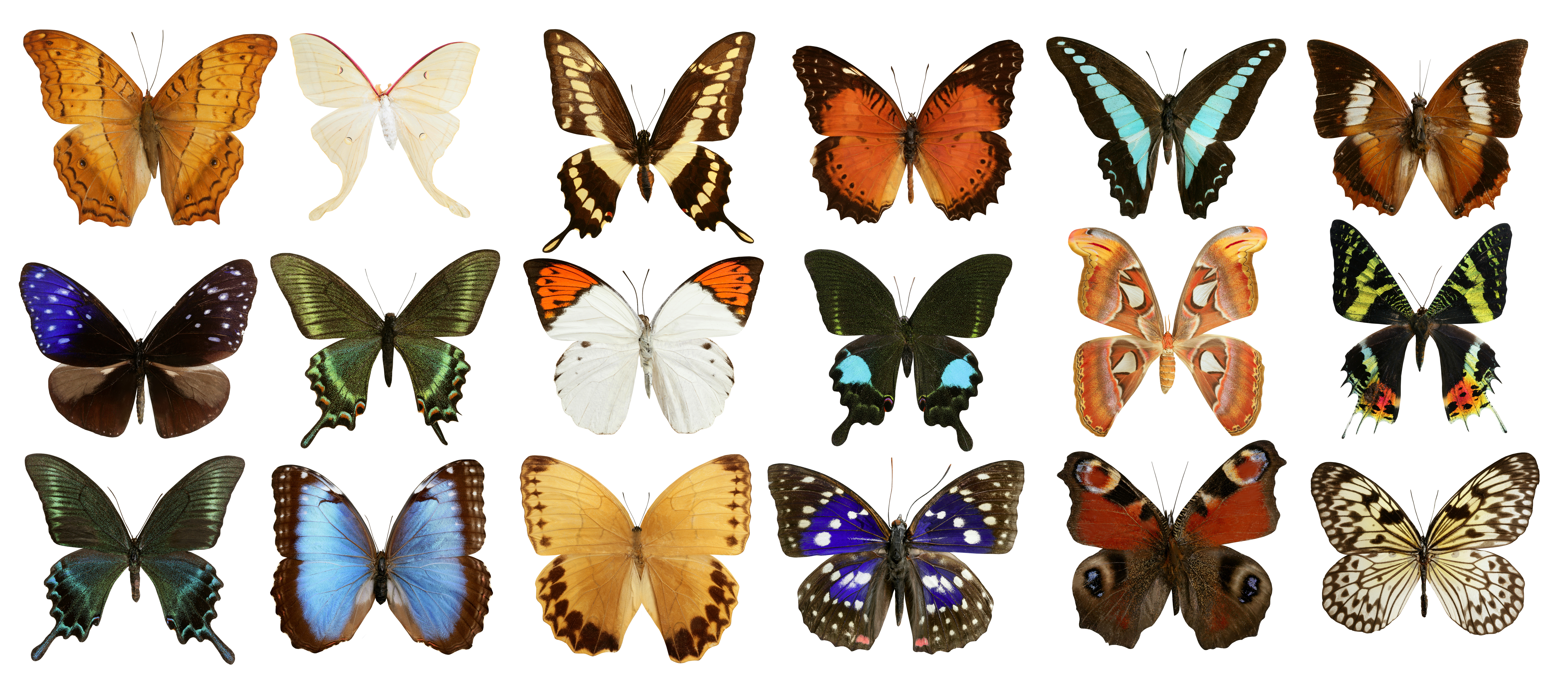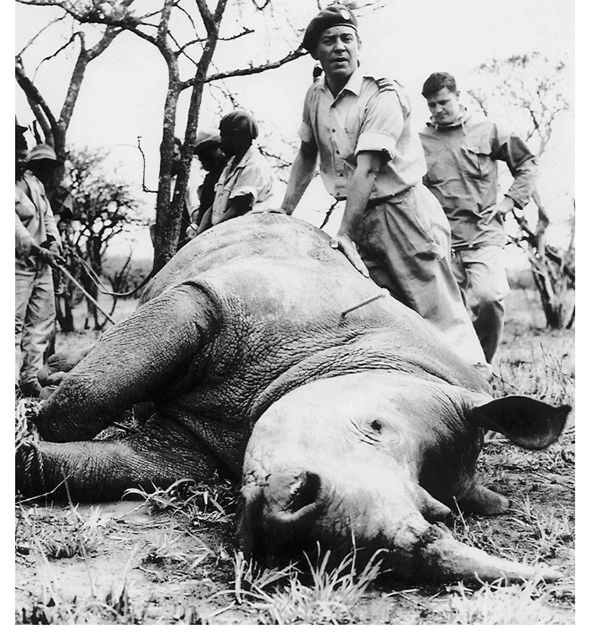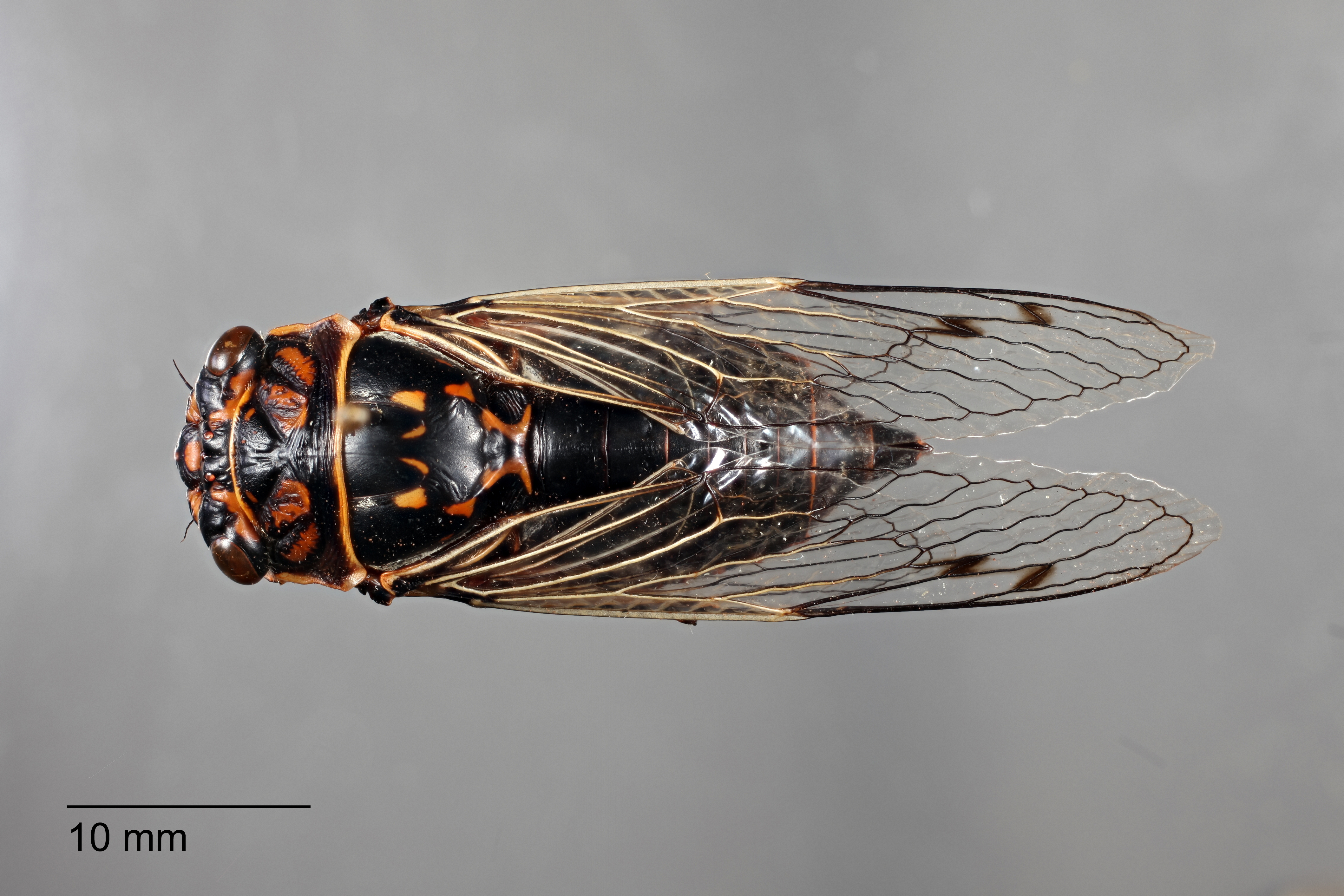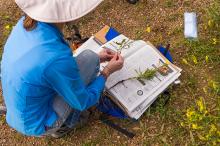Research Spotlight: Using Citizen Science Data for Conservation
Elizabeth White is a fourth-year PhD candidate at the University of Florida where she works with research-grade data from iNaturalist, a popular citizen science platform, in combination with herbarium data from iDigBio (Integrated Digitized Biocollections) and GBIF (Global Biodiversity Information Facility). By connecting citizen science data, ecological models, and land management strategies, her work aims to create a more holistic understanding of endemic species conservation.


